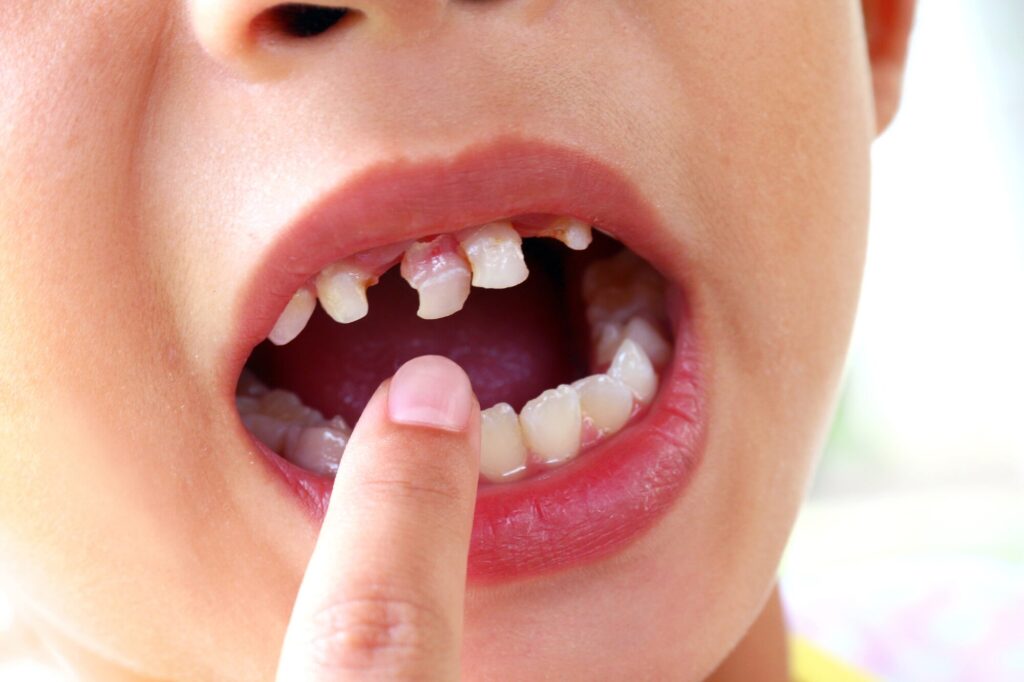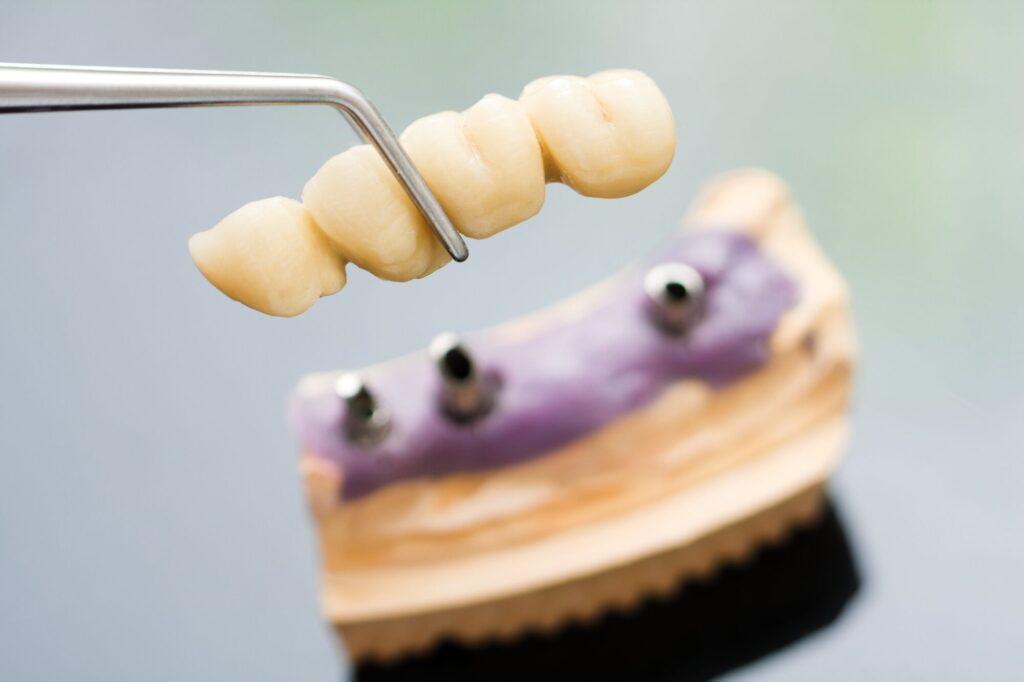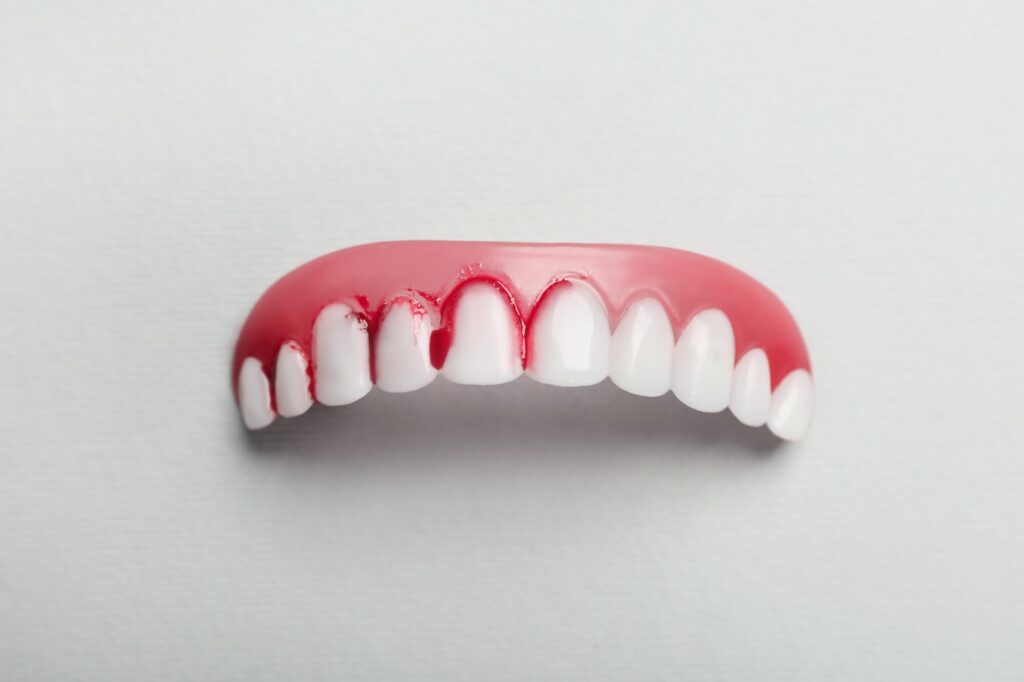Dental Health and Stress: How Your Mind Affects Your Mouth
Dr. Nelson Talemwa
July 30, 2025

Dental Health and Stress: How Your Mind Affects Your Mouth
Most people know stress affects the heart, sleep, and mood—but what about your mouth?
Yes, stress can quietly harm your dental health, and many patients don’t realize it until a problem shows up at the dentist’s office.
Here’s how stress affects your oral health—and what you can do to stop it.
1. Teeth Grinding and Jaw Clenching
Also known as bruxism, this often happens at night without your knowledge.
Over time, grinding wears down enamel, causes tooth sensitivity, and can lead to chronic jaw pain or TMJ disorders.
Tip: Your dentist can fit you with a custom night guard to protect your teeth while you sleep.
2. Increased Risk of Gum Disease
Chronic stress affects your immune system, making it harder to fight off infections—including those in your gums.
You may notice bleeding gums, swelling, or tenderness if stress is constant.
3. Dry Mouth
When you’re anxious, your body may produce less saliva.
Saliva protects your mouth by washing away food and bacteria. Without enough, you may develop bad breath, cavities, or mouth infections.
4. Mouth Ulcers
Stress can trigger painful canker sores or ulcers inside your mouth.
They aren’t contagious, but they can be uncomfortable and may delay healing if you’re stressed out consistently.
How to Protect Your Mouth from Stress Damage
Practice relaxation techniques (deep breathing, walks, stretching)
Use a mouth guard if you grind your teeth
Keep up your oral hygiene routine even on stressful days
Stay hydrated to avoid dry mouth
See your dentist regularly, especially if you notice jaw pain or ulcers
Final Thought from Dr. Nelson
Your mouth often reflects your mind. If you’re under stress, don’t ignore the signs. Whether it’s jaw tension, bad breath, or bleeding gums, early care can prevent serious dental issues.
And remember—your dentist in Hoima is here to help every step of the way.
Let Your Friends Know




